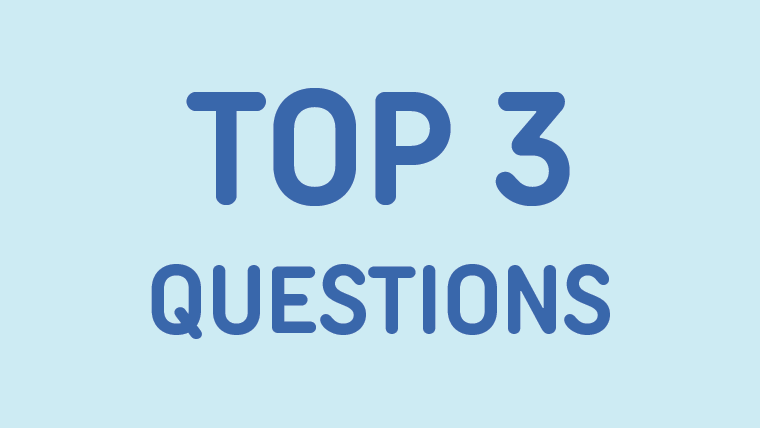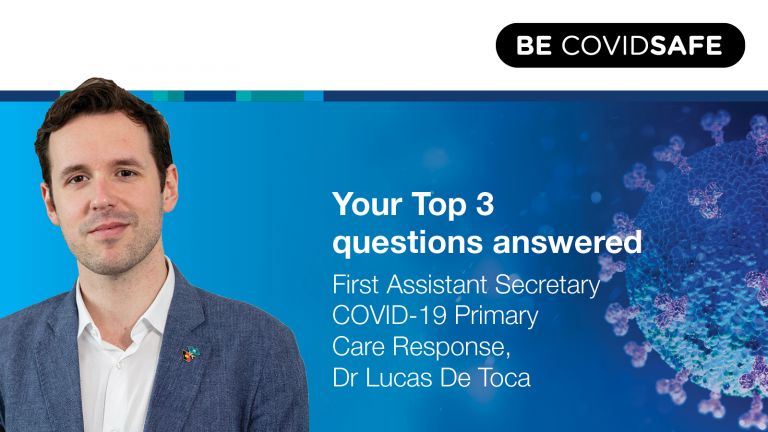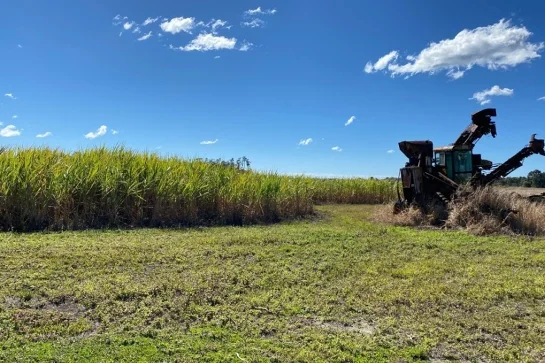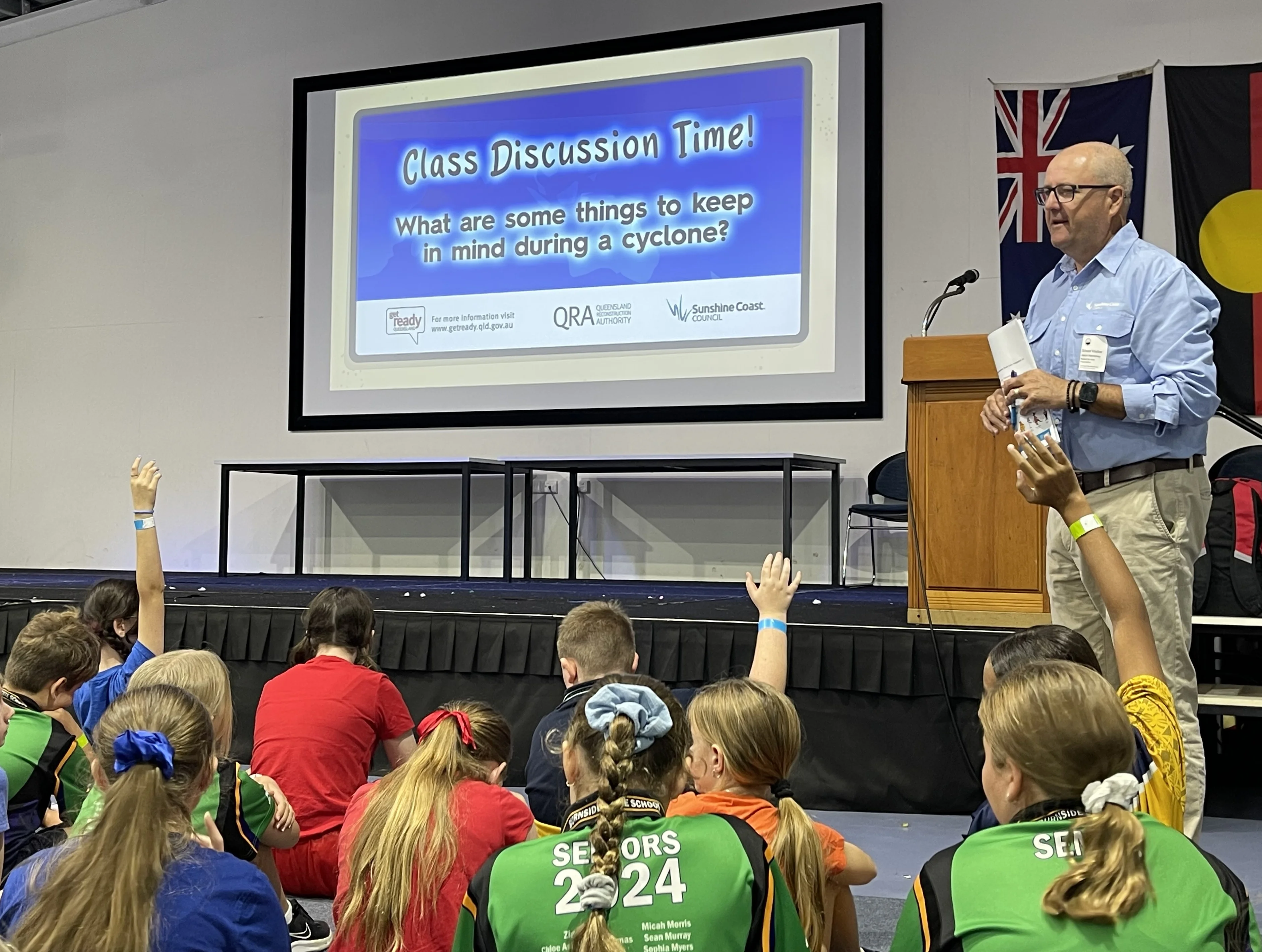
Good morning. I am Lucas de Toca and I lead the rollout of the vaccine through GPs for the Australian Government. Today, we will be answering some of the top questions that have been coming through from you in our social media channels. I am joined by Linda who will be doing Auslan interpreting. Welcome. We are on the land of the Ngunnawal people, so I want to acknowledge their continued ownership of this place. Dhawra nhuna, dhawra Ngunawal. Yanggu gulanyin ngalawiri, dhunayi, Ngunawal dhawra. Wanggarralijinyin mariny balan bugarabang. And I also acknowledge the traditional owners of the lands where people may be viewing from. My shout out today is a reminder for people to keep their regular medical appointments, even if they are in lockdown. We currently have a significant proportion of the Australian population in lockdown conditions, and it’s really important that we keep up-to-date with some of our screening appointments, including mammograms and breast screening appointments and other cancer-related screening. Usually when Covid happens and lockdowns come in, regular health checks delayed but it’s really important we stay up-to-date. Those eligible may have received bowel cancer screening test kits in the mail. Please, if you have received one, follow the instructions and use it. Up to 90% of bowel cancers can be successfully treated if diagnosed early. We will go through a number of questions today:
The first one is about why some people have to wait a little bit longer than they expected before they receive the vaccine.
Most of us are really keen to get vaccinated, including myself, I still haven’t had my first shot because I’m not in an eligible category, but as soon as I become eligible, I will line up for it. The issue is that, following the advice of medical experts, we have been focusing on prioritising those who are most at risk of either contracting, being infected with COVID-19 or most at risk of a severe disease or negative outcome from contracting the virus. That means that while we are focusing on ensuring everyone in Australia eligible for a vaccine who wants to have one has a chance to receive one before the end of the year, we have to prioritise different groups in different stages. We focused initially on older people, people 70 years and over are at the highest risk of severe outcomes from COVID-19, hospitalisation and death, especially those in residential aged care facilities, whom are now vaccinated at nearly 90% with two doses. We then have focus on professions that might be at high risk of being in contact with Covid, like quarantine workers, frontline healthcare workers, aged care workers and disability care workers. We’ve also focused on those who may be younger but have underlying conditions that might make them more susceptible to being hospitalised with Covid, including people with underlying chronic medical conditions or people with disability. Aboriginal and Torres Strait Islander people have also been prioritised and now all Aboriginal and Torres Strait Islander people 16 years and over are eligible. As we go through the vaccine program, more and more people are becoming eligible. Currently anyone 40 years and either can make an appointment to receive a vaccine and a number of high-risk groups in the under 40 population can also receive a vaccine. People 18-39 years of age, who are in areas of high risk of Covid can also consider whether they want to receive an AstraZeneca vaccine. They can talk to their doctor, have a conversation about risk and benefits and may receive the vaccine. Access to the Pfizer vaccine for broader cohorts of people under 40 will become available later in the year. In the meantime, it is really important that we continue to practice COVIDSafe behaviours. Good hand hygiene and general hygiene, physical distancing, unless people that you work with very closely day on day, and if you have any symptoms that is similar to cold or flu, isolate at home, go and get a test, and stay at home until you get a negative test result, even if you think it is not Covid. Importantly, remember to check-in every time you go to a public venue or you are in a group with people, there are QR codes and manual options in all venues in all states.
One of the other questions that we are getting through, especially now we have gone back to lockdowns in many places, is how do we cope with the impact that this prolonged crisis, 18 months of pandemic, are having on our mental health?
Covid steamrolled into our lives and we had to learn really rapidly to deal with even more change and more uncertainty than we were used to. Things change very quickly, advice seems to change as new medical evidence emerges and that is just the reality as we discover more and investigate more about the disease, advice gets more sophisticated and sometimes shifts, but there is a lot of uncertainty. And also a sense of frustration and feeling unsettled because you feel that you are losing control over your life. There are a lot of external factors that are imposing or dictating things that profoundly affect our lives, and that is happening to all of us, regardless of where we are. It might be helpful in order to get some sense of stability to try to focus on the things that we can and the things we cannot change. One thing we can do is to be in control of the behaviours that we can put in place to protect ourselves and people around us from Covid. Practising COVIDSafe behaviours, as you have been over the last 18 months, and getting the vaccine whenever it is available to you, and of course coming for your second dose. That can help stop the spread but also can help you focus on the things you can tangibly do in order to cope to the difficult uncertainty of these times. It’s also important we disconnect, everyone right now is constantly glued to the TV watching the news and the latest changes and the notifications popping up our phones. And it’s important we stay up-to-date of course, but it’s also important that we disconnect and we are not watching the news 24/7. We have to do that, because it can be quite soul destroying at times. Another thing we can do is to practice mindfulness, which sounds like a fancy word or a trend or a fad, but it’s actually just about being present, spending maybe 10 minutes a day, just focusing on the here and now, and trying to block other distractions and just being a little bit centred. There are apps that can help, you don’t need to be a meditation expert and retreat for a week, you can spend 10 minutes trying to just be. There is an app called Smiling Mind that has been put together by mental health professionals, and it’s available and made in Australia, that you can use and can help with those mindfulness first steps. Remember that small changes in these things, trying to be centred for a bit, focusing on the positive might help but ultimately that might not be enough and that is completely fine. There is plenty of help around you, there is help online that you can Google from the Health Department and you can go to your GP or other professionals. GPs have a raft of resources they can provide to support your mental health and you can access them directly by going to the surgery or over the phone or video if you are in lockdown and you cannot have a face-to-face appointment. Please reach out to your GP and they will be able to give you really practical, really useful supports for whatever your mental health needs are. Most of all, you need to remember that you are not alone. Help is around you and you just need to reach out, whether it’s friends, family or health professionals, there is plenty help online, on the phone or face-to-face that you can seek. We are all struggling, I am not pretending that this it all fine and we just carry on. Accepting that this is difficult to ask for help but it can be the best thing that you do.
The final question for today, sorry this is a bit longer than usual, is what is the point of getting vaccinated for someone who has already had Covid and recovered from it?
That’s a good question. At the moment, the advice is that people who have had Covid, and that is consistent across the world, are still encouraged to receive a vaccine. We are still finding out how much immunity and for how long people who have had Covid before maintain. We have had plenty of cases internationally of people who have had Covid, have recovered and then have had a second infection of Covid. Generally not as severe but they can still get infected. Getting your immunisation even after you have had Covid, it’s an amazing boost to your immune system and it might help to continue to protect yourself and people around you and potentially for a longer period of time than your natural immunity would have provided without the extra vaccine doses. In a way, it is not dissimilar to a booster program, you are in contact with the disease, you respond to the virus, your immune system responds to it and mounts up a response and then you get the vaccine to supercharge that response so that they can last for longer. If you are eligible for a vaccine, if you are 40 years or over or if you are in any of the priority categories if you are under 40, or if you are under 40 and in a high risk area and choose to get AZ, even if you’ve had COVID-19, go and do it, get the two doses of the same vaccine as any other person and that will help significantly protect yourself and others from this horrible pandemic that we have to deal with.
That’s all for today. Thank you so much for continuing to watch these segments and sending in your questions. We will continue to provide updates and health.gov.au is where the most up-to-date information is. Thank you for continuing to be COVIDSafe.
Top 3 questions
- Why are some people having to wait a little longer than expected to get the COVID-19 vaccine?
- What are the things I can do to support my mental health and wellbeing during uncertain times?
- Why should I get vaccinated if I have already had COVID-19 and recover









